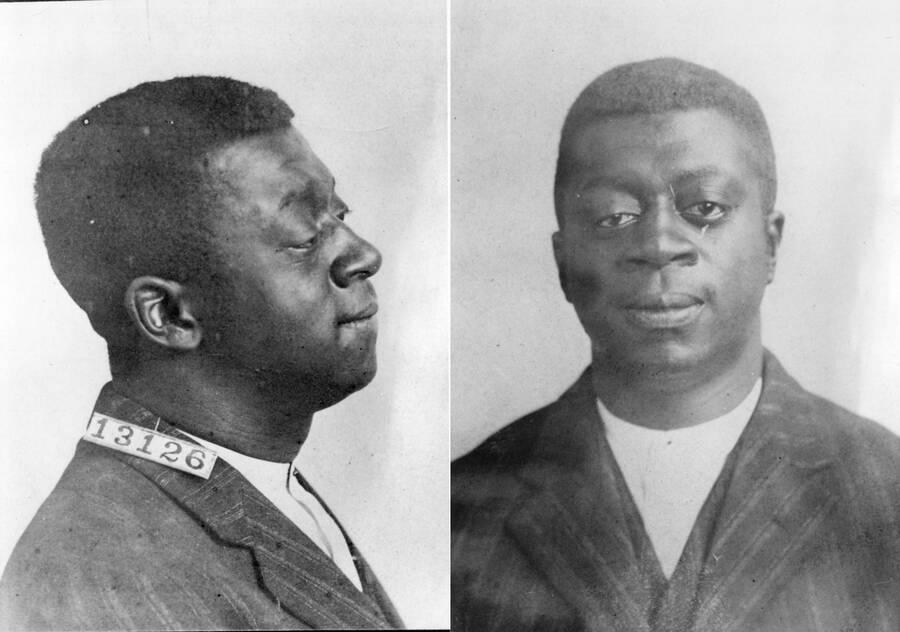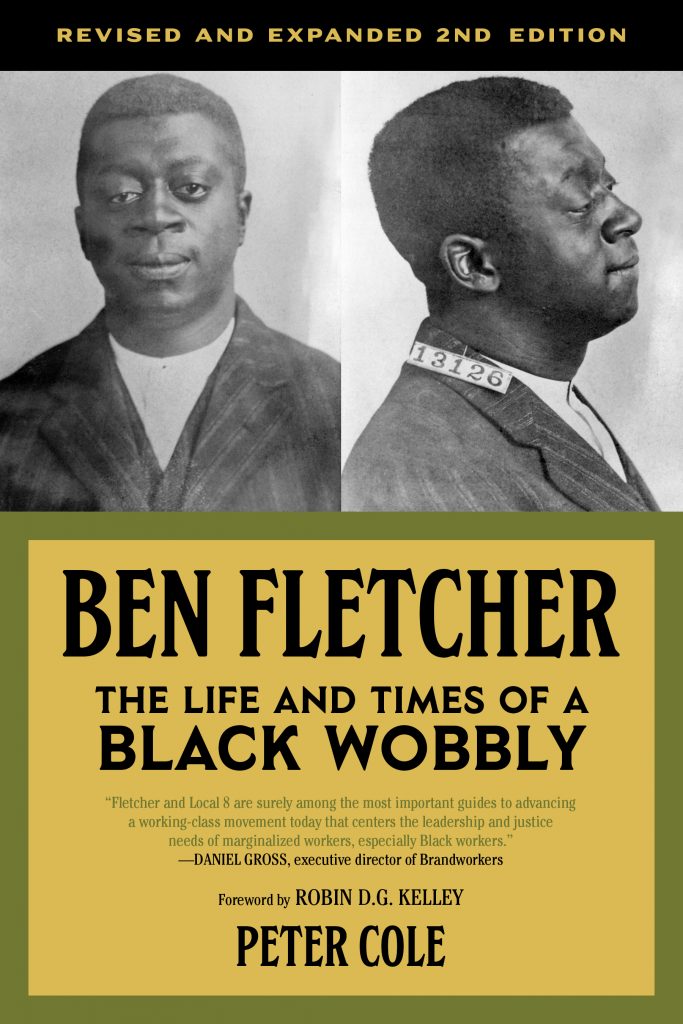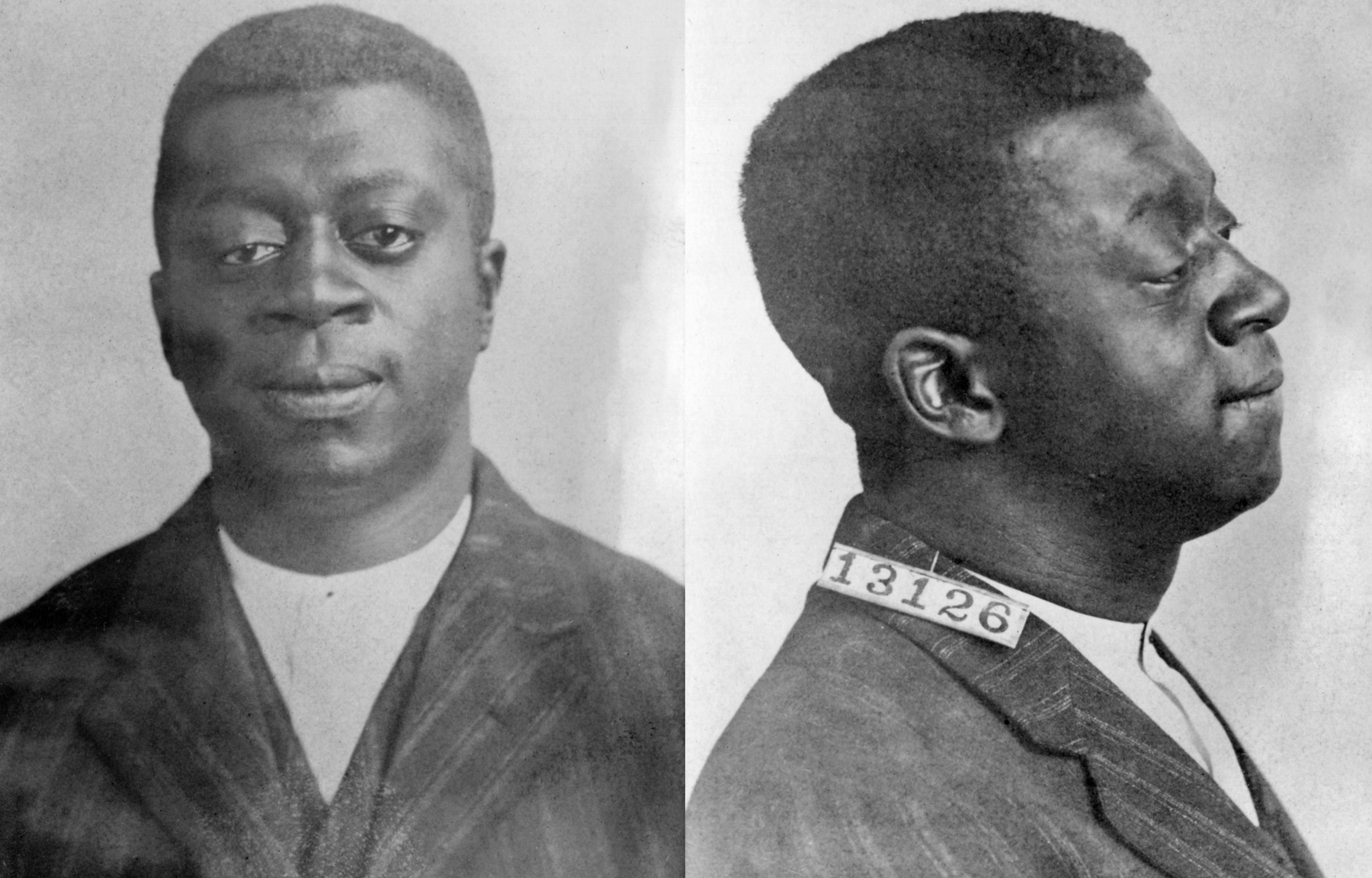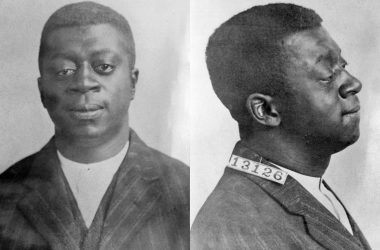By Peter Cole
In These Times
December 1st, 2020

In the early 20th century, when many U.S. unions disgracefully excluded Asian, Black and Latinx workers, the Industrial Workers of the World (IWW) warmly welcomed people of color. This revolutionary union, whose members affectionately are known as Wobblies, emphasizes class struggle solidarity in its legendary motto: “An Injury to One Is an Injury to All!”
Ben Fletcher, an African American who helped lead the IWW’s most militant and effective interracial branch, epitomized the union’s brand of anti-capitalism and antiracism. Fletcher (1890−1949) was a tremendously important and well-loved member of the IWW during its heyday, the first quarter of the 20th century. A brilliant union organizer and a humorous orator, Fletcher helped found and lead Local 8 of the IWW’s Marine Transport Workers Industrial Union. When founded in 1913, this union was a third African American, a third Irish and Irish American, and a third other European immigrants. Despite being hated by the bosses and redbaited by the government, Local 8 controlled the waterfront for almost a decade.
My new book, Ben Fletcher: The Life and Times of a Black Wobbly (PM Press)tells the story of one of the greatest heroes of the American working class. For 25 years, I have researched him and his union, painstakingly uncovering a stunning range of documents related to this extraordinary man. The book includes a detailed biographical introduction of his life and history, reminiscences by fellow workers who knew him, a chronicle of the IWW’s impressive, decade-long run on the Philadelphia waterfront in which Fletcher played a pivotal role, and nearly all of his known writings and speeches. In an era of soaring inequality and the largest wave of protests in favor of racial equality in half a century, Fletcher’s timeless voice could inspire a new generation of workers, organizers and agitators.
To give a sense of the man and the book, below is an excerpt of an interview Fletcher gave, in 1931, to the Amsterdam News, his only known interview. It reveals a great deal about Fletcher’s experiences prior to the federal trial in Chicago in 1918 (in which nearly 100 IWW leaders were charged with violating the Espionage and Sedition Acts passed during the wartime frenzy of hyper-patriotism), unwavering commitment to the IWW, and revolutionary industrial unionism. Fletcher also describes how he was nearly lynched in Norfolk, Virginia in 1917.
The Amsterdam News is among the older still-operating Black newspapers in the United States. Founded in 1909 and named after a major street in Harlem, this weekly newspaper is geared to the Black community of New York City. The paper long has been a voice for equal rights and power and none other than Malcolm X wrote a column in the paper. Its workforce unionized in 1936 and remains so.
Ben Fletcher, long-time IWW organizer, drew a deep puff of his cigar and looked placidly out of the window as he concluded the reminiscences of his radical activities which led to his imprisonment in 1918 along with 100 other members of the Industrial Workers of the World in the Federal Penitentiary at Leavenworth on indictments returned against them by a Government possessed of a wartime hysteria.
A simple tale he told. The story of his life as a class-conscious worker. The story of how he had been turned to IWW by the discriminatory practices and craft limitations of the American Federation of Labor unions; of how he had organized longshoremen along the coast from Boston to Norfolk; of how he had been smuggled out of the latter city by friends after the shipping interests had threatened him with lynching; of how he had to force himself into that Federal courtroom in Chicago, where for nineteen weeks he and 112 other leaders of the syndicalist movement stood trial on charges of espionage and obstructing the Government’s war program, and finally of the two years and six months of the ten-year sentence he served in the Federal penitentiary.
“I was preparing the longshoremen of Baltimore for a strike in 1917 for higher wages, shorter hours and better working conditions when I received instructions from headquarters to proceed to Norfolk where the dock workers were becoming restless and asking that an organizer be sent them,” Fletcher began.
“I found the men responsive and eager for a union. But I had not been in town long before word was circulated that I represented a dangerous element set on the destruction of property and the overthrow of the Government. Then I began receiving messages of a threatening character. I would be lynched if I spread that doctrine around Norfolk, I was told. One night, friends, fearing that my life was in danger, smuggled me aboard a northbound ship to Boston.”
“By this time the Government, spurred on by the lumber and copper interests of the West, had set about a deliberate plan to eradicate the IWW, which was growing rapidly in numbers, gaining control of certain important industries, and threatening the supremacy of the AF of L, which the Government consistently favored throughout the war period.”
“It was while I was working in Boston that I received a tip that I was in line for indictment by a Federal Grand Jury. Accepting this tip as authentic I returned to my home in Philadelphia, where I preferred to be placed under arrest. The next week I read in the paper that indictments had been returned against 166 of us and that we were to be arrested on sight.”
Ben Fletcher paused long enough to relight his cigar and to glance reflectively about the room; to think again of the days when his organization was a rallying ground for the revolutionary workers of the country; when it constituted enough of a threat to compel the attention of the Government; when it had cards issued to a million workers including 100,000 black men and women whose membership was discouraged or barred by the AF of L unions. Times have changed and now with its scant 3,000 dues paying members it is little more than a proletarian sect.
“For more than months,” he said, taking up the thread of his narrative, “I remained in Philadelphia, a fugitive from justice yet going about my work with no effort to conceal my identity. During this period I was working in a roundhouse [locomotive maintenance shed built around a turntable] of the Pennsylvania Railroad.”
“One day — it was February 9, 1918 — two strangers appeared at my door. They were special agents of the Government. They placed me under arrest and I was held in $10,000 bail. After being imprisoned for two weeks bail was reduced to $1,500 by the Federal district attorney. This was secured by the IWW local and I was released.”
“Summoned to appear in court in Chicago on April 1, I arrived two hours late due to a train wreck. Making my way through the Federal agents and police who swarmed the corridors I was blocked at the courtroom door by the chief bailiff, who inquired:
“’What do you want in here’?”
“’I belong in here’.”
“’Oh, a wise boy from the South side want to see the show’?”
“’No, I’m one of the actors.’”
“Take that stuff away. You can’t get in here’.”
“Insisting that I belonged there I pulled out my card and told him to go in and see if Ben Fletcher’s name wasn’t on the indictment. He left the door in charge of assistants, went in and returning announced: ‘He’s Ben Fletcher, all right. Let him in.’”
“And then I walked into the courtroom and into the Federal penitentiary’.”
“Some People Are Taken to Jail, But Ben Fletcher Just ‘Went In’,” Amsterdam NewsDecember 30, 1931, p. 16.

Peter Cole is a professor of history at Western Illinois University in Macomb and a research associate in the Society, Work and Development Institute at the University of the Witwatersrand in Johannesburg, South Africa. Cole is the author of the award-winning Dockworker Power: Race and Activism in Durban and the San Francisco Bay Area and Wobblies on the Waterfront: Interracial Unionism in Progressive-Era Philadelphia. He coedited Wobblies of the World: A Global History of the IWW. He is the founder and codirector of the Chicago Race Riot of 1919 Commemoration Project.


